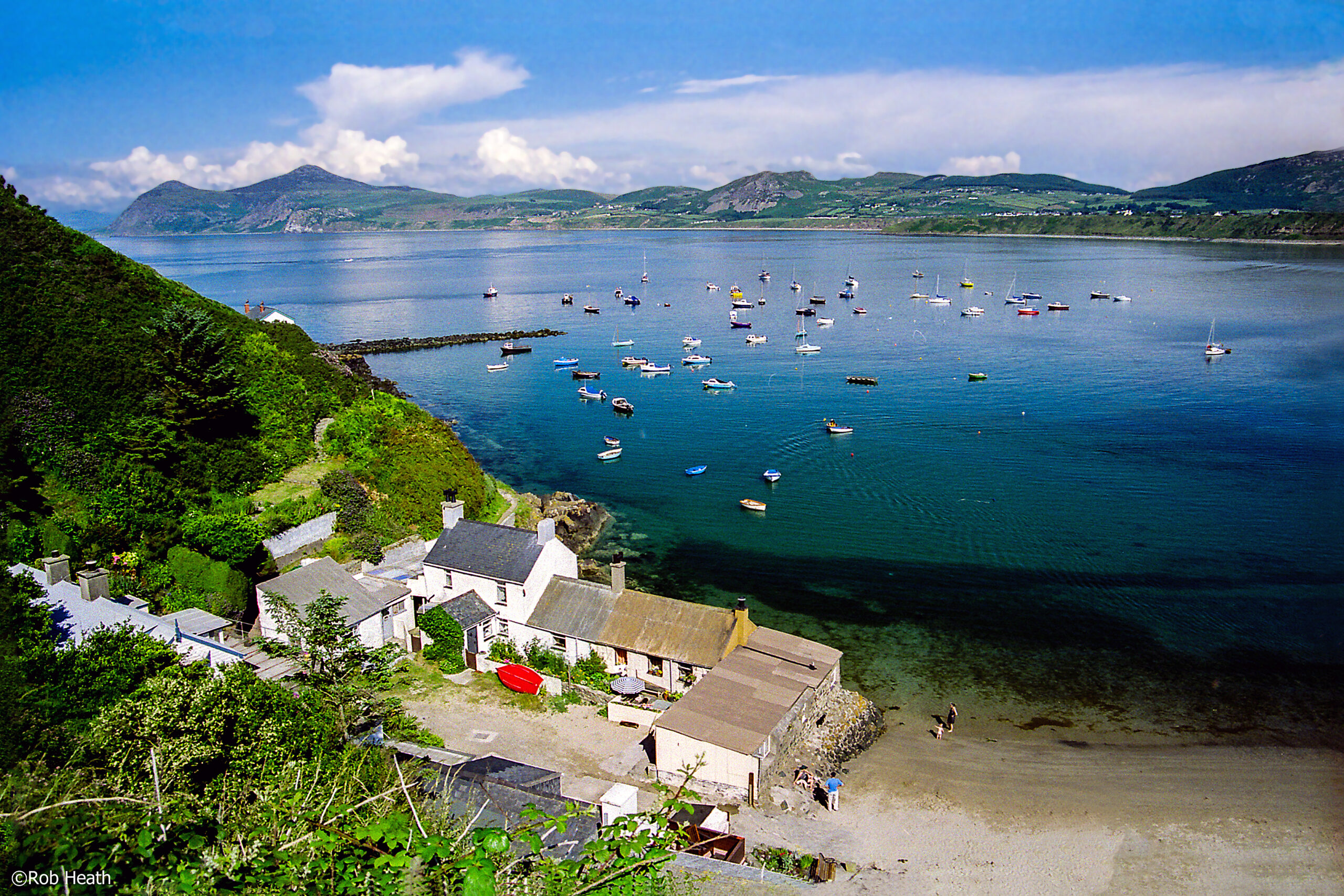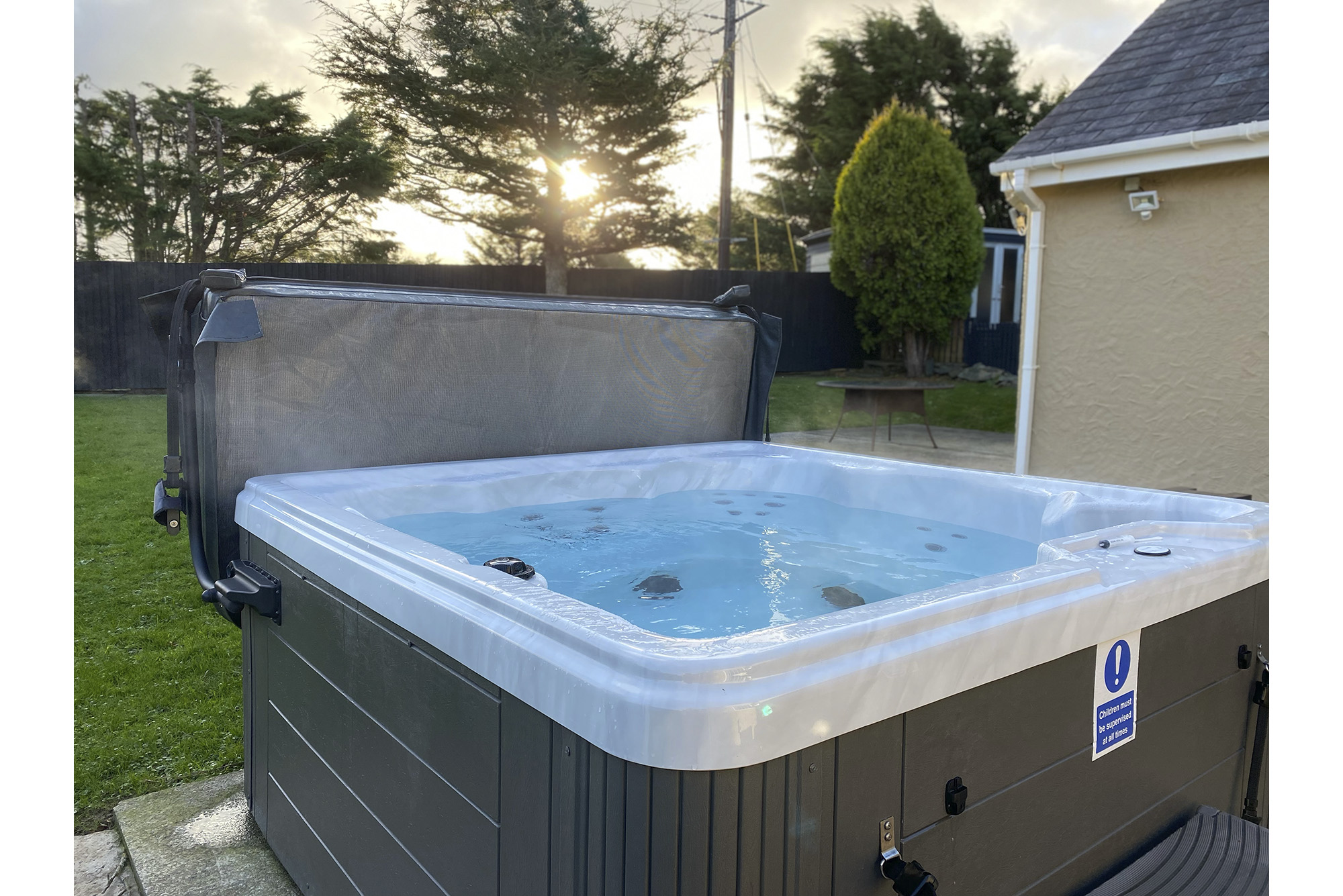You’re planning your next coastal getaway and the debate between self-catering accommodation and hotel stays is on your mind. Which offers more freedom, flexibility, and value for your holiday needs? Let’s dive into the world of self-catering and explore everything you need to know to make an informed decision for your seaside escape.
What is Self-Catering Accommodation?
Definition and Key Features
Self-catering accommodation refers to properties where guests stay and cater for themselves. Unlike hotels that provide meals and daily cleaning services, self-catering options typically include houses, cottages, and apartments equipped with kitchens and living spaces. This type of lodging is ideal for travellers who prefer independence, allowing you to cook your own meals and establish a home-away-from-home atmosphere.
Key features of self-catering properties include:
- Full kitchen facilities: With everything you need to cook meals, including utensils, cookware, and appliances.
- Living spaces: Separate areas for dining and lounging, often providing more room than a standard hotel room.
- Privacy: Enjoy an entire property to yourself, offering a greater sense of seclusion and personal space.
- Personal touch: Many self-catering properties reflect the local character, adding to the overall experience of your destination.
A practical example would be booking a coastal cottage through platforms like Coastal Holidays, where each property is thoroughly inspected to ensure comfort and quality, providing everything from basic amenities to Wi-Fi connectivity.
Pro tip: Check out our detailed guide for a better understanding of self-catering accommodation.
Pros of Self-Catering in Coastal Destinations
Choosing self-catering can offer several advantages, particularly for holidaymakers seeking more control over their travel experience.
Benefits include:
- Cost Savings: By cooking your own meals, you can significantly reduce dining expenses compared to eating out daily.
- Flexibility: No need to adhere to meal times or housekeeping schedules. You decide your daily routine.
- Space: More room to relax, especially for families or larger groups, making shared spaces more conducive to socialising.
- Local Experience: Staying in a self-catered home allows you to live like a local, shopping at local markets and exploring neighbourhoods.
- Pet-Friendly Options: Many self-catering properties welcome pets, making it easier to holiday with your furry friends.
For those who love the sea, many coastal self-catering properties are located close to beaches and nature spots, perfect for those early morning seaside strolls.
Pro tip: Discover all the benefits of self-catering by the coast to maximise your holiday experience.
How to Choose the Perfect Self-Catering Property
Selecting the right self-catering property can greatly enhance your holiday experience. Here are steps to ensure you make the best choice:
- Location: Proximity to beaches, shops and attractions should be a priority. Use maps and reviews to gauge the exact location of the property.
- Amenities: Ensure the property has all necessary amenities, such as sufficient bedding, appliances, and entertainment options.
- Size and Layout: Choose a property that fits your group’s needs. Larger families might need multiple bedrooms and bathrooms.
- Reviews: Read previous guest reviews to get an honest insight into the property’s condition and the host’s responsiveness.
- Budget: Consider all costs, including cleaning fees and deposits, to ensure the property fits within your budget.
An example of a great self-catering choice could be browsing through Coastal Holidays. Their selection offers a variety of seaside homes with detailed descriptions and reviews, helping you find a perfect match.
Pro tip: Visit our guide for tips on selecting the best self-catering property tailored to your needs.
By understanding what self-catering accommodation entails, along with its key features and benefits, you can make an informed decision for your next coastal holiday, ensuring it’s both enjoyable and cost-effective.
What are Hotel Stays Like in Coastal Destinations?
Definition and Key Features
Hotel stays in coastal destinations typically offer a range of services and amenities tailored to enhance your holiday experience. These include daily housekeeping, room service, on-site restaurants, and concierge services to help plan activities or book excursions. Most hotels by the coast boast spectacular sea views, immediate beach access, and recreational facilities such as swimming pools, gyms, and wellness centres. Family-friendly amenities are also common, with some hotels providing kids clubs and babysitting services to ensure a stress-free stay for families.
Many coastal hotels pride themselves on providing a personalised experience. From the warm welcome at check-in to the attention to detail throughout your stay, hotels aim to make you feel pampered and well-cared-for. Furthermore, premium room options, like suites or deluxe rooms, often feature private balconies with panoramic views of the coast, adding a touch of luxury.
Pros of Hotel Stays
One significant advantage of staying in a hotel is the convenience of having everything you need at your fingertips. From daily housekeeping to on-site dining options, the services provided ensure a comfortable and relaxing holiday. Hotels often feature recreational facilities that can enhance your stay, such as swimming pools, fitness centres, and spa services. Additionally, beachfront hotels save you the hassle of travelling to and from the beach, letting you enjoy the sand and sea at your leisure.
Another major benefit is the security provided. With 24/7 front desk services and often enhanced security measures, hotels offer a safe environment for travellers. This is particularly reassuring for solo travellers or those unfamiliar with the area. Furthermore, the presence of concierge services can be a lifesaver for planning activities, excursions, and dining reservations, making sure your holiday is as seamless as possible.
Cons of Hotel Stays
While hotels offer a range of conveniences, they also come with several drawbacks that can impact the quality and enjoyment of your holiday. One of the primary concerns is the lack of privacy. In a hotel, you’re sharing the space with many other guests, which can lead to noise and disturbances. Whether it’s thin walls, crowded pools, or bustling lobbies, the constant presence of other people can be overwhelming and detract from the peaceful retreat you may be seeking.
Another significant downside is the cost. Hotels, especially those with extensive amenities and prime locations, can be quite expensive. Beyond the room rate, there are often additional charges for parking, Wi-Fi, and access to certain facilities, which can quickly add up. This can make hotels a less budget-friendly option compared to alternatives like self-catering accommodations.
Limited flexibility is another disadvantage of hotel stays. You’re often bound by the hotel’s schedule for meals, housekeeping, and other services. This can be restrictive, especially for travellers who prefer to explore at their own pace or who have specific dietary needs that hotel restaurants may not cater to adequately. Additionally, room service and on-site dining options can be pricey and may not always meet your culinary expectations.
Self-Catering vs. Hotel Stays: Making the Right Choice for Your Coastal Getaway
Comparing Costs and Convenience
Cost and convenience play a significant role when choosing between self-catering and hotel stays for your coastal getaway. Generally, self-catering accommodations often offer better value, especially for longer stays or larger groups. You have the option of cooking your own meals, which can lead to substantial savings compared to dining out every night. For example, opting for a holiday cottage in Anglesey allows you to stock up on local produce and enjoy meals with a view.
Hotels, on the other hand, offer you various amenities like daily housekeeping, room service, and sometimes even breakfast included in the room rate. These conveniences can make your holiday more relaxing and hassle-free. However, these extra services usually come at a higher overall cost. Recent studies indicate that the average cost of hotel stays in coastal destinations has increased by 15% in the past year (source: Statista). Finding the right balance between cost and convenience is essential.
Flexibility and Privacy Considerations
When it comes to flexibility and privacy, self-catering accommodations often outshine hotels. One of the key benefits of self-catering is the ability to tailor your day without adhering to hotel schedules such as meal times or housekeeping hours. This flexibility allows you to fully experience your coastal destination and plan activities like beach outings or local tours at your own pace.
Privacy is another area where self-catering can be advantageous. Many self-catering properties, like those offered by Coastal Holidays, provide standalone units with private gardens or secluded locations. This setup is perfect for family holidays, romantic getaways, or just a peaceful retreat. In contrast, hotels often imply shared spaces and limited privacy. Understanding how flexibility and privacy in accommodation can enhance your holiday experience is crucial for making an informed decision.
Matching Accommodation Type to Your Holiday Style
Your holiday style profoundly influences the type of accommodation that’s best suited for you. If you prefer a homely atmosphere where you can cook, entertain, and enjoy extended stays, a self-catering option could be ideal. Coastal Holidays offers a range of holiday homes in North Wales that cater to different tastes, from pet-friendly cottages to luxurious beachside properties. This kind of accommodation gives you the comfort of home while exploring new surroundings.
Conversely, if you seek convenience, pampering, and amenities like spas and restaurants at your doorstep, a hotel stay might better suit your needs. Hotels can offer organised excursions, in-house dining options, and leisure facilities, which can add a layer of luxury to your coastal retreat. To determine which accommodation aligns with your preferences and activities, see our guide on choosing accommodation based on holiday style.
In conclusion, choosing between self-catering and hotel stays for your coastal destination requires weighing various factors. Costs and convenience, the level of flexibility and privacy desired, and the overall holiday style are all pivotal in making the right choice. Explore your perfect getaway with Coastal Holidays at coastalholidays.net.
Frequently Asked Questions
Is it better to go self-catering?
Self-catering is better for those who seek privacy and enjoy cooking, offering flexibility and cost savings especially for longer stays.
Why choose self-catering accommodation?
Choose self-catering for the flexibility, privacy, customised meal options, and a home-like atmosphere that it provides.
Are self-catering holidays cheaper?
Yes, they can be cheaper as you save on meals by cooking your own food and often get better rates for longer stays.
What is the difference between self-catering and serviced accommodation?
Self-catering involves cooking and cleaning yourself. Serviced accommodations include services such as meals and housekeeping.






